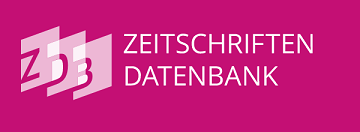PROFITABILITY OF INCENTIVE PURCHASE PRICES FOR WIND FARM PROJECTS IN CROATIA
DOI:
https://doi.org/10.37798/2008572321Keywords:
feed-in tariffs, profitability, renewables, wind power plantsAbstract
In 2007 the Croatian energy legislation underwent a series of changes. Along with the opening of the electricity market to all legal entities, on 1 July 2007 a package of five bylaws on the incentives to electricity generation from renewable energy resources entered into force. The incentive method Croatia has opted for are feed-in tariffs, the widest-spread and currently most successful method in the European Union. In Croatia a massive venture capital interest in renewables is recently manifest, especially wind power projects. This raises a question about the real profitability of such projects and whether or not the incentive puchase price is high enough to make the wind power projects viable. The present work analyses a generic wind power plant project, installed power 25 MW (the reasons why this rating has been chosen are given later on), by using RETScreen International Software, developed in Canada and used throughout the world. The introductory part, which describes the current situation in Croatia regarding renewables, is followed by a brief overview of newly introduced bylaws aimed to provide incentives for electricity generation from renewables. The works explains in detail the input of all relevant technical, economic and financial parameters and shows the results of modelling a wind power plant with capacity factors of 18 %, 20 %, 22 %, 25 %, 27 % and 30 % by using RETScreen International Software. A detailed susceptibility and risk analysis is given for a wind power plant with the capacity factor of 25%, followed by a conclusion.












